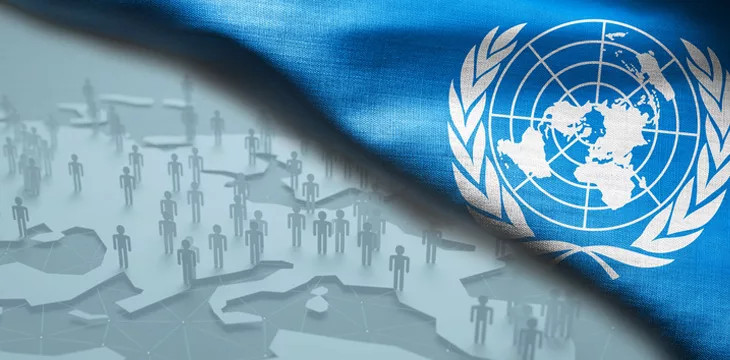The United Nations (UN) has announced its intention to equip 22,000 workers with skills in Web3 and blockchain technology.
The blockchain and Web3 upskilling plan is the brainchild of the United Nations Development Program (UNDP), a UN agency focused on eradicating poverty through economic and human development initiatives, multiple sources said.
The UNDP, in partnership with the Algorand Foundation, hopes to launch a blockchain academy in 2024 to equip developing world countries with modern digital skills to bridge the economic gap with developed countries. The first step involves training UNDP’s 22,000 staff in 170 countries on blockchain technology before the academy’s mainstream launch.
The UNDP and Algorand say the collaboration will equip the UN agency with the right tools to explore innovative use cases of blockchain technology that will bring it closer to achieving its goals of achieving sustainable development in developing and underdeveloped countries . Algorand will provide recorded lectures and interactive workshops for UNDP staff in courses bordering on digital identity applications, real-world asset tokenization and financial use cases.
The first tranche of UNDP staff could begin training in the first quarter of 2024, taking a slow and steady approach before moving to a global rollout.
Experts have pointed to the increasing regulatory clarity surrounding digital assets and blockchain technology as an incentive for the UNDP to upskill its employees, citing the European Union (EU) Markets in Crypto Assets (MiCA) Act and the Hong Kong’s robust legal framework.
Improving humanitarian efforts
Previously, the UN has attempted to integrate blockchain technology into its humanitarian operations through the World Food Program (WFP). Houman Haddad, WFP’s head of emerging technologies, confirmed that investigations using private ledgers streamline the operations of multiple aid agencies to achieve fair outcomes.
Haddad notes that the use of blockchain technology can help WFP protect refugees’ data, avoid duplication of aid, and seamlessly authenticate identities where individuals have full ownership of their data.
“By centering the people we serve and developing a common view of who is helping whom, we can coordinate that assistance to ensure fairer outcomes and make the redemption process easier for the people who rely on that assistance,” Haddad said . .













